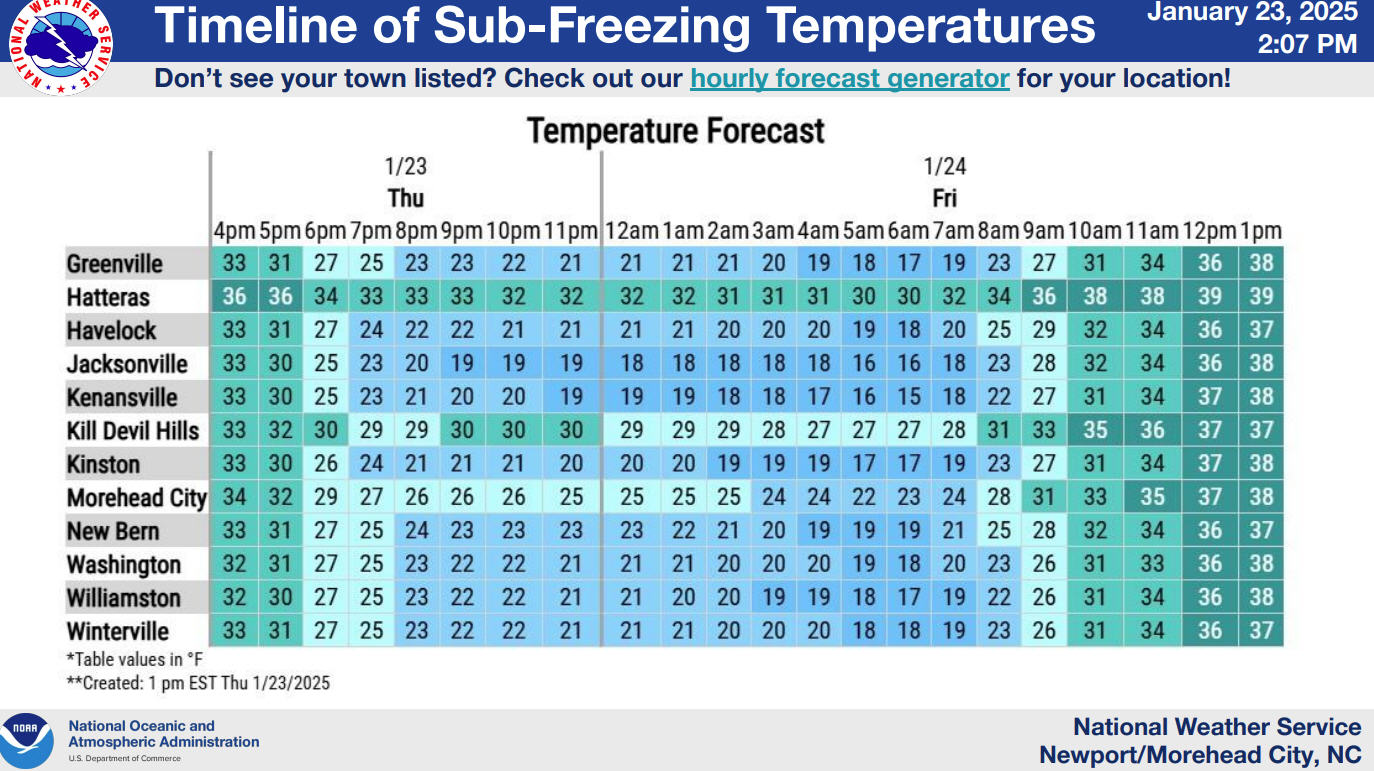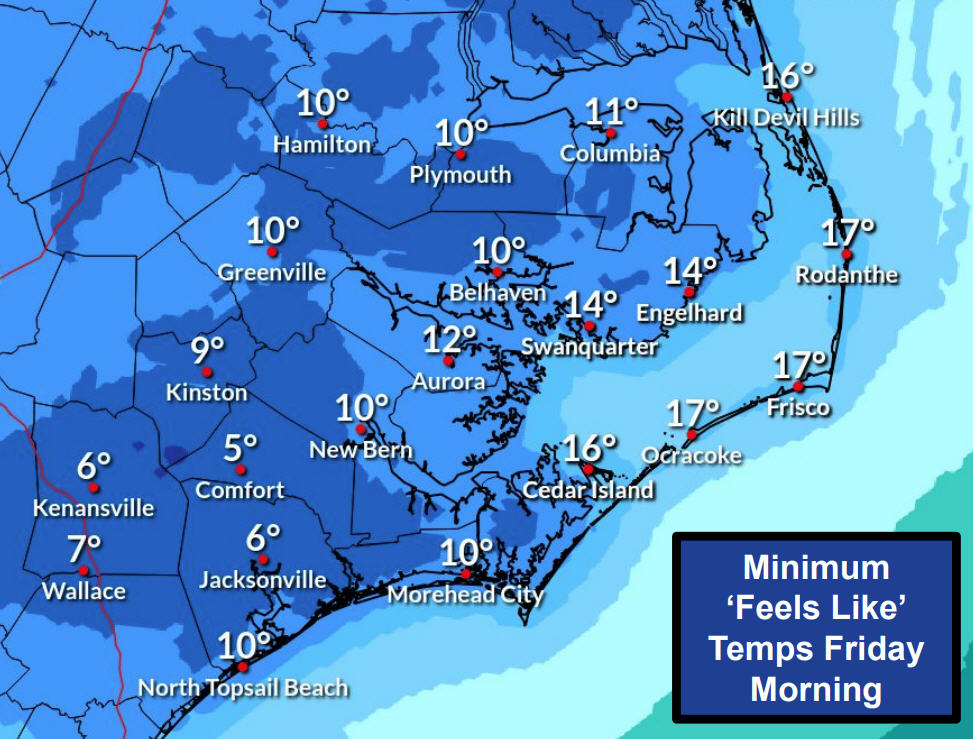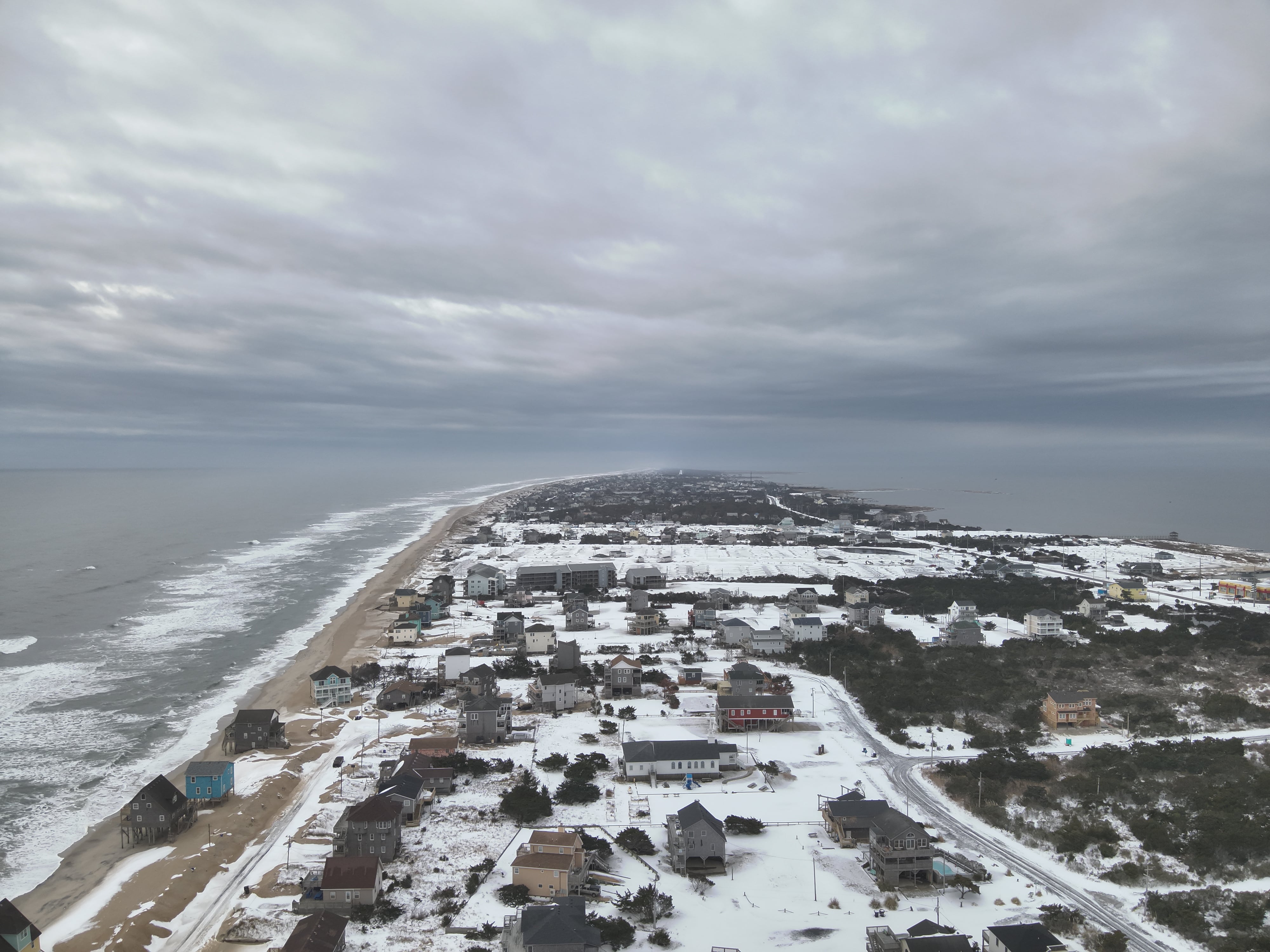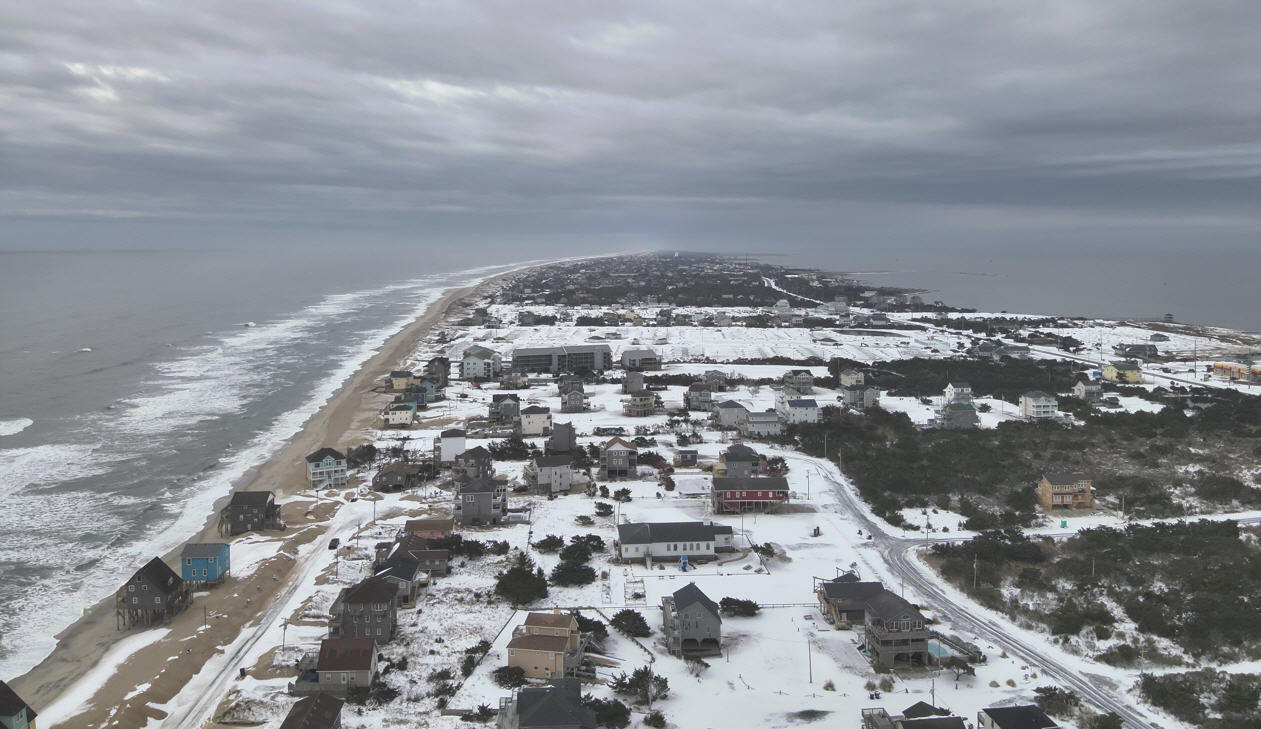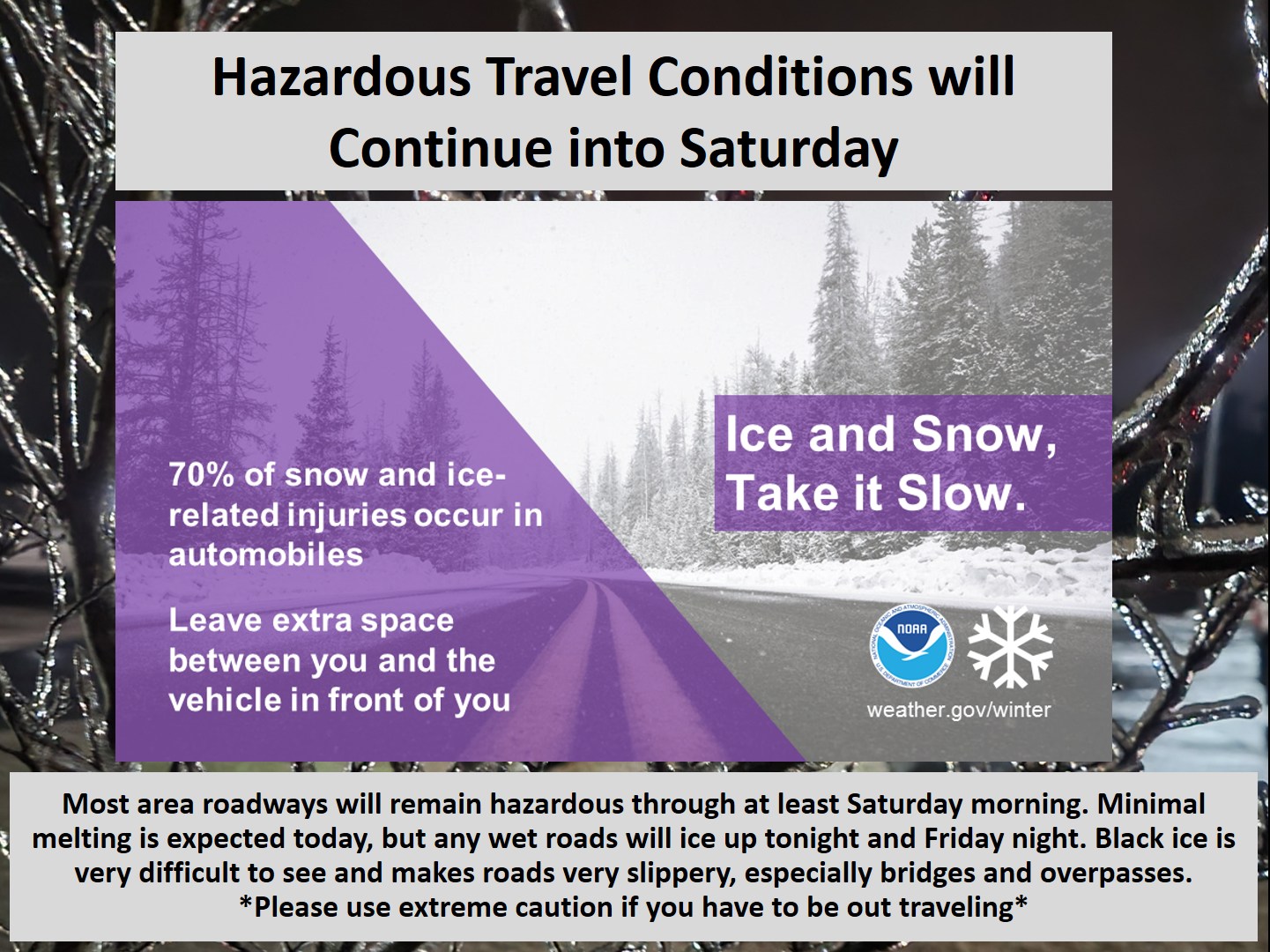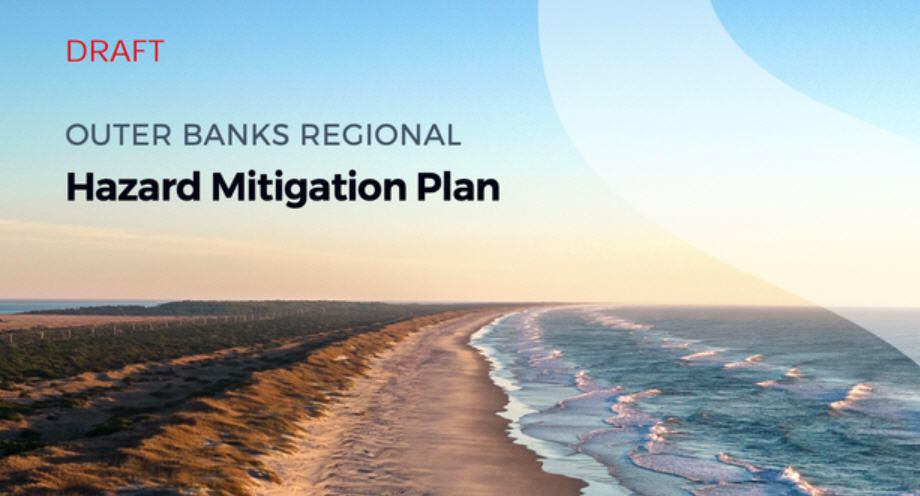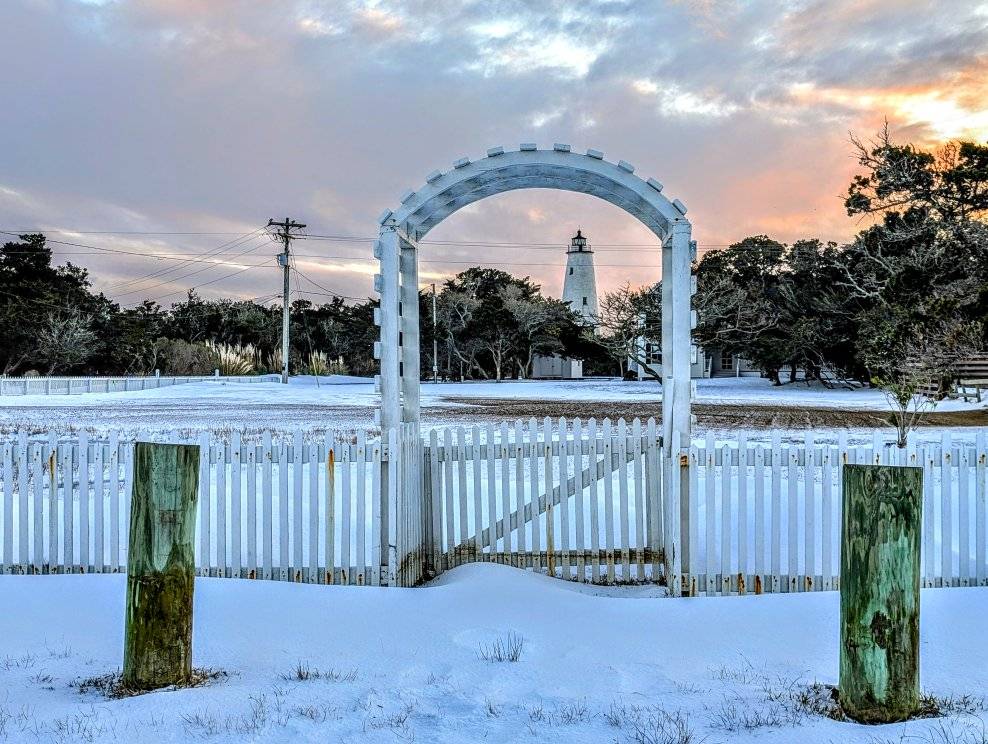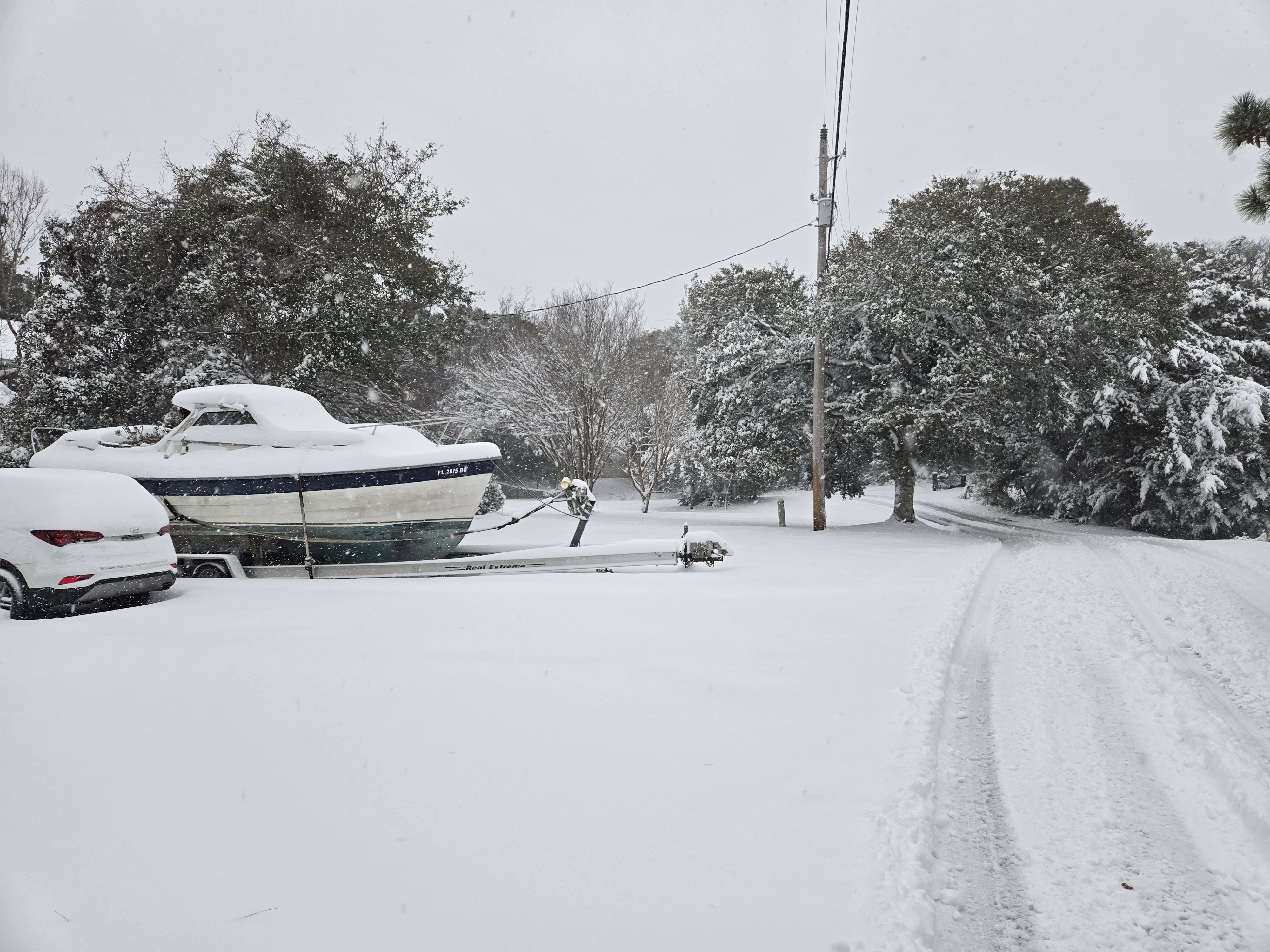Gov. Cooper, federal highway administrator, celebrate upcoming replacement of Alligator River Bridge
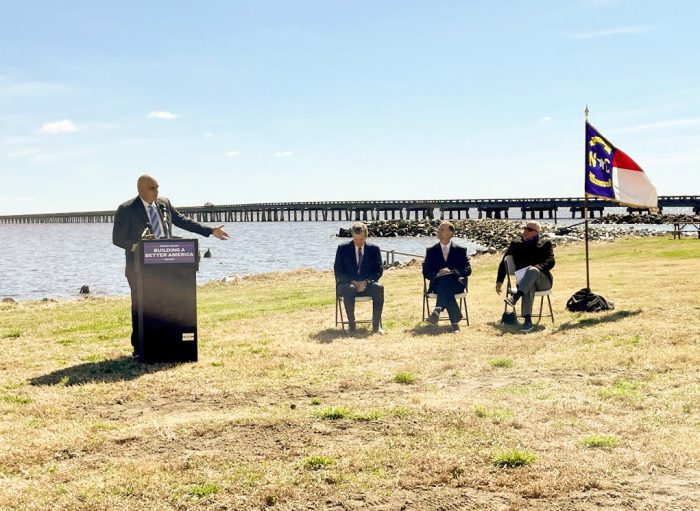
Governor Roy Cooper, Federal Highway Administrator Shailen Bhatt, and N.C. Department of Transportation Secretary Eric Boyette highlighted a recent $110 million federal grant at the Alligator River Marina on Thursday that will fund the replacement of the primary link between the Outer Banks and the rest of North Carolina.
“Strong communities require strong investments in infrastructure,” Governor Cooper said. “Thanks to President Biden’s Bipartisan Infrastructure Law, this funding will help replace the Alligator River Bridge and increase high-speed internet access, making our eastern counties more accessible and strengthening North Carolina for generations to come.”
A $110 million federal Multimodal Project Discretionary Grant from the U.S. Department of Transportation was awarded in January to help pay for a new span to carry U.S. 64 over the Alligator River between Dare and Tyrell counties.
The replacement for the Lindsay C. Warren Bridge is one of only nine projects nationwide to receive a Mega Grant, which is part of President Biden’s historic infrastructure law.
These grants fund projects too large or complex for traditional funding programs, according to the N.C. Department of Transportation.
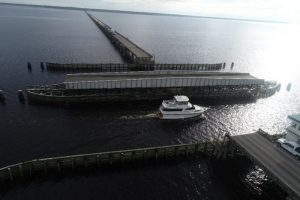
The new bridge is expected to cost $294 million. The funding estimate also includes the cost to install broadband between I-95 in Rocky Mount and N.C. 12 in Nags Head, an area historically underserved by internet access.
The project is one of only nine transportation projects nationwide to receive the Mega Grant, which is part of President Biden’s historic infrastructure law. Mega Grants fund projects too large or complex for traditional funding programs.
“President Biden’s Bipartisan Infrastructure Law is delivering results for the people of North Carolina, and this project is an excellent example of how these transportation investments are strengthening the local economy and improving safety and mobility for residents,” said FHWA Administrator Bhatt. “NCDOT was successful in securing one of the first grants announced under the U.S. Department of Transportation’s new Mega Grant program, and we are proud to partner with transportation leaders in North Carolina to advance this critical project.”
NCDOT applied for the federal grant in May 2022. It named its application STERLING (Strengthening Transportation Evacuation Resilient Lifeline by Improving the Network’s Grid) in memory of former Division 1 Engineer Sterling Baker, who passed away the previous April.
The current bridge is a two-lane swing-span bridge that was completed in 1962, and is notorious for causing extended delays for travelers.
Problems with the draw span continue to be an ongoing issue, including most recently on Christmas Eve, even after replacement of mechanical and electric systems during extensive renovations in the 2010s.
More than 4,000 boats pass through the bridge every year while traversing the Intracoastal Waterway, forcing vehicle traffic to stop while the swing-span opens and closes.
When the bridge malfunctions, drivers must either travel detours that are as much as 100 miles long, either along U.S. 264 and N.C. 94 through Hyde County or U.S. 158 and U.S. 17 through Elizabeth City.
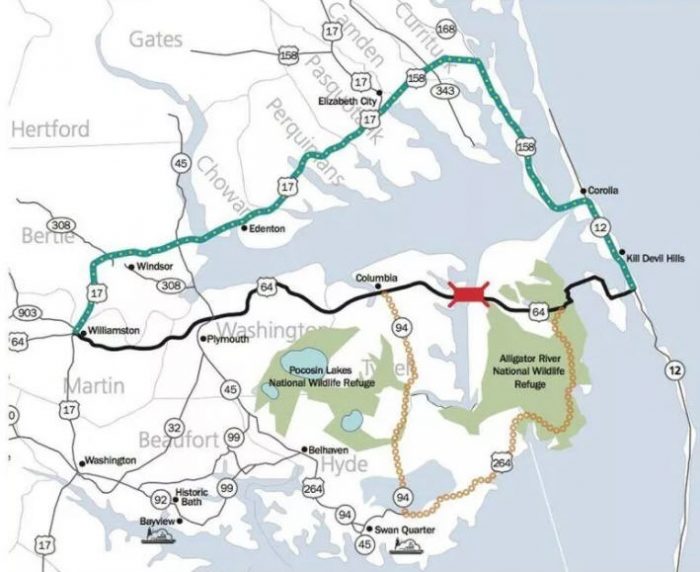
The new bridge that will be built just north of the current span will include 65 feet of clearance over the channel and will have 8-foot shoulders and railings of 4.5 feet. The current bridge has one-foot shoulders and a railing of 2-feet-10 inches.
Plans have been formulated for years to build a fixed-span bridge over the Alligator River, and shifted from a four-lane to two-lane span because of a lack of funding and environmental concerns over widening U.S. 64 between Manns Harbor and Columbia.
The state agency has completed the environmental document and is working on completing right of way plans and acquisition. The final bridge design is expected to be complete this fall. NCDOT expects to begin the bidding process in 2024 with construction starting later that year.
“For decades to come, this bridge will make driving and boating safer, faster and more efficient for people traveling through this area,” said N.C. Department Transportation Secretary J. Eric Boyette. “From aiding in hurricane evacuations to improving our economic development prospects, this project is a great investment in our state’s transportation future.”







